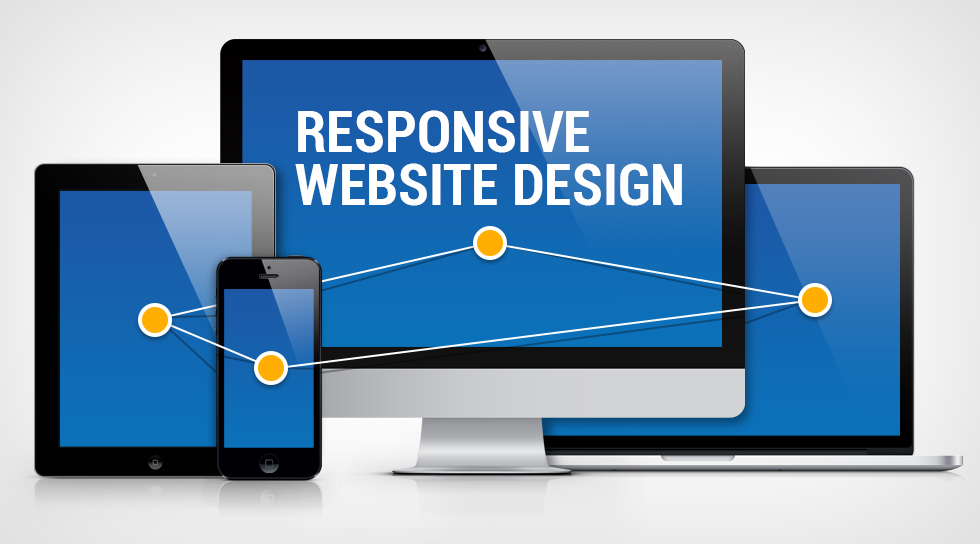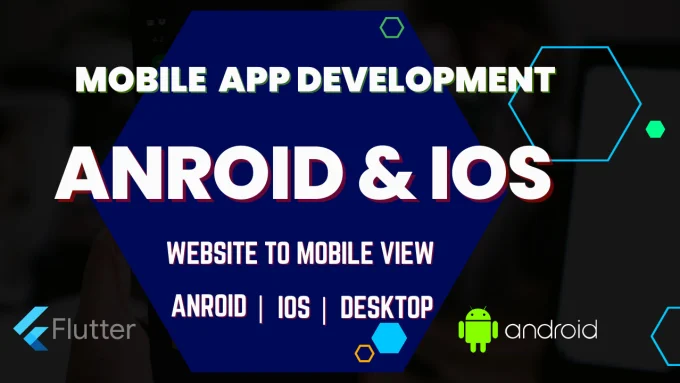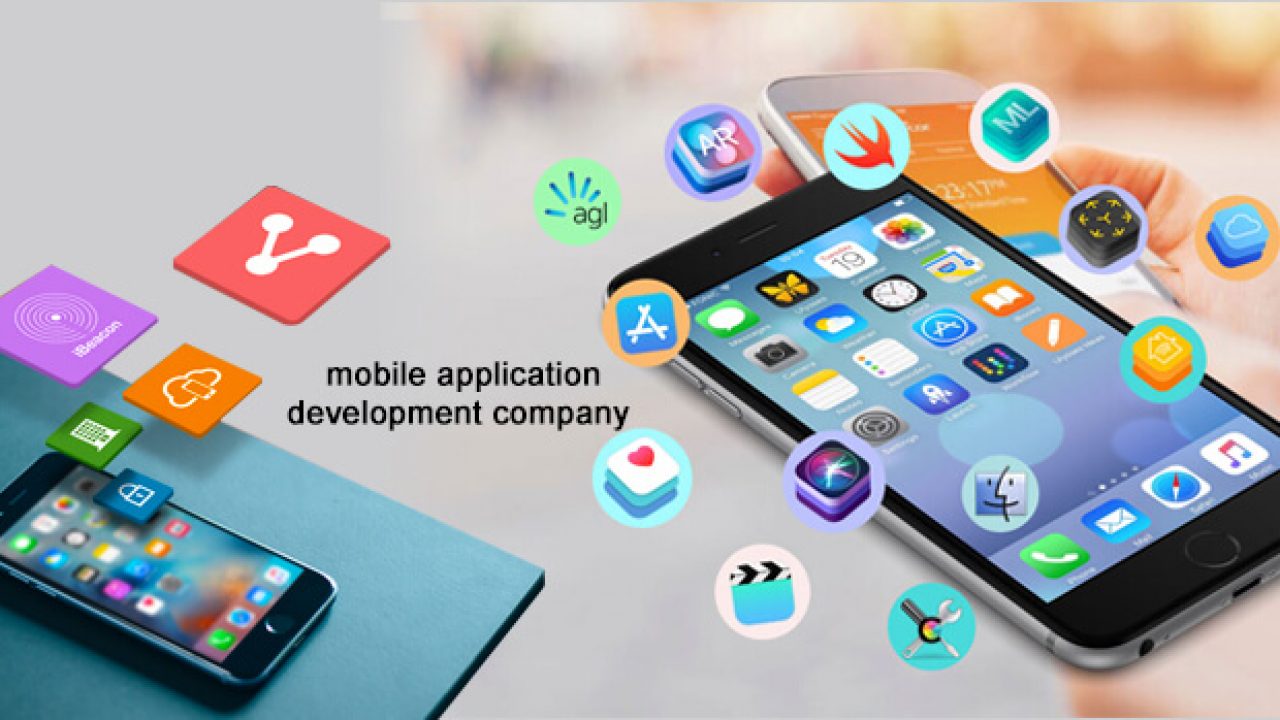
In addition to using flexible grids and responsive images, another key principle of responsive web design is the use of CSS media queries. Media queries allow designers to specify different styles for different devices and screen sizes, based on characteristics like screen width and orientation. This can allow designers to create a truly responsive and adaptive layout that works well on any device.
Another consideration for responsive web design is touch-based interfaces. With more and more users accessing websites on touch-enabled devices like smartphones and tablets, it's important to ensure that the website's interface is optimized for touch-based interactions. This can involve using larger buttons and clickable areas, and designing interfaces that are easy to use with one hand.
Another important aspect of responsive web design is accessibility. This involves designing websites that are easy to use and navigate for users with disabilities, such as those who are visually impaired or have mobility impairments. This can involve using techniques like color contrast, alt text for images, and accessible form inputs.
Finally, it's important to keep in mind that responsive web design is just one part of creating a successful website. In addition to responsive design, web designers need to consider factors like usability, accessibility, and SEO when designing and building websites. By taking a holistic approach to web design, designers can create websites that are effective, user-friendly, and accessible to all users, regardless of device or ability.
 Android and iOS App Development Services in Delhi – Oprezo India
Android and iOS App Development Services in Delhi – Oprezo India
 Mobile App Development Company in Delhi, India
Mobile App Development Company in Delhi, India
 Oprezo India: Your Premier Web Development and Mobile App Partner in Delhi for Business Growth
Oprezo India: Your Premier Web Development and Mobile App Partner in Delhi for Business Growth
 Oprezo India – Leading E-commerce Website and App Development Agency in Delhi
Oprezo India – Leading E-commerce Website and App Development Agency in Delhi
 Leading Hybrid, Flutter, and React Native App Development Services in Delhi by Oprezo India
Leading Hybrid, Flutter, and React Native App Development Services in Delhi by Oprezo India